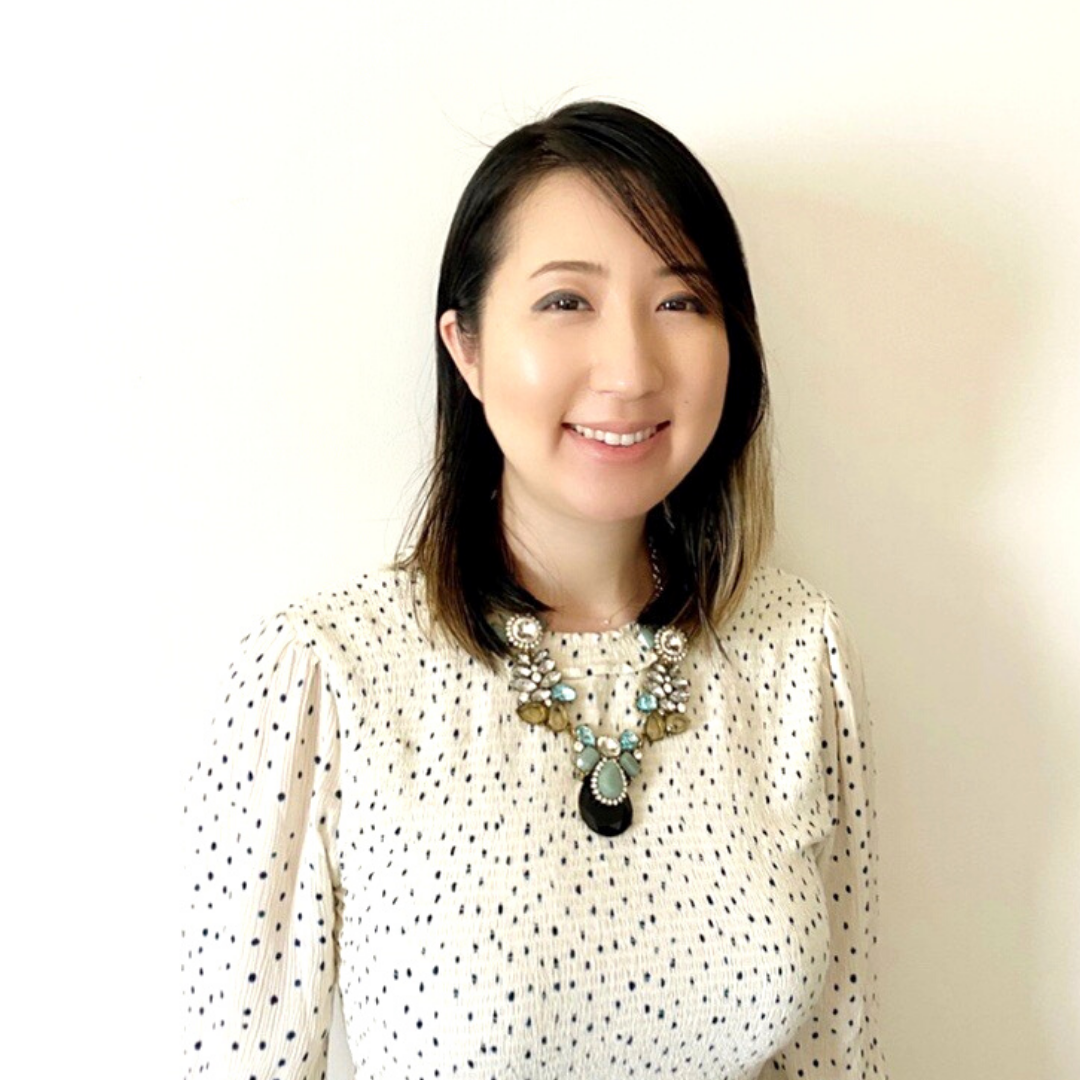As part of the College of Education and Human Development’s continuing efforts to support both student and faculty research here at George Mason University, we are sharing this research study participation request:
Dear George Mason Students and Staff,
We are conducting an important student research project on the current Uyghur situation. If you have a few minutes, please respond to our survey at the following link. It should only take between 3-5 minutes. You must be 18 years of age or older and affiliated with George Mason University in some way in order to participate in the survey. Thank you in advance for your participation.
IRBNet number: 1563270-1
You can find and review our survey here:
Thank you very much for your time, consideration, and help in this matter, as we work to make the world a better place and bring attention to the massive human rights abuses occurring to the Uyghur population in China today. I hope you are staying safe and healthy and have a fantastic rest of your week.
Sincerely,
Quinton Walsh
George Mason Uyghur Genocide Awareness Campaign












